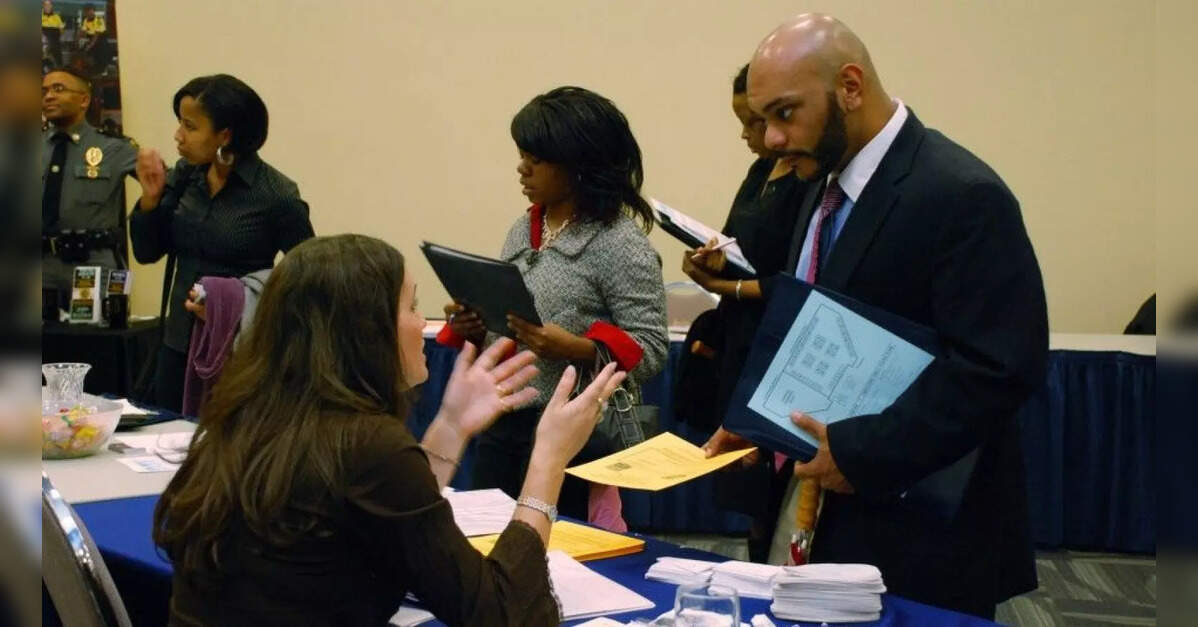
One in 10 medicines in developing countries is substandard or falsified: WHO
NEW DELHI: An estimated one in 10 medical products circulating in low- and middle-income countries is either substandard or falsified, according to new research from the World Health Organization ( WHO ). Lack of accurate data means that these estimates are just an indication of the scale of the problem, WHO stated in its release on the study.Since 2013, WHO has received 1,500 reports of cases of substandard or falsified products. Countries have agreed on measures at the global level – it is time to translate them into tangible action,” he added.Prior to 2013, there was no global reporting of this information, stated WHO. The organisation has trained 550 regulators from 141 countries to detect and respond to this issue.Substandard medical products reach patients when the tools and technical capacity to enforce quality standards in manufacturing, supply and distribution are limited, according to WHO. Falsified products, on the other hand, tend to circulate where inadequate regulation and governance are compounded by unethical practice by wholesalers, distributors, retailers and health care workers, it added.A high proportion of cases reported to WHO occur in countries with constrained access to medical products.
Source: Economic Times November 28, 2017 15:30 UTC






